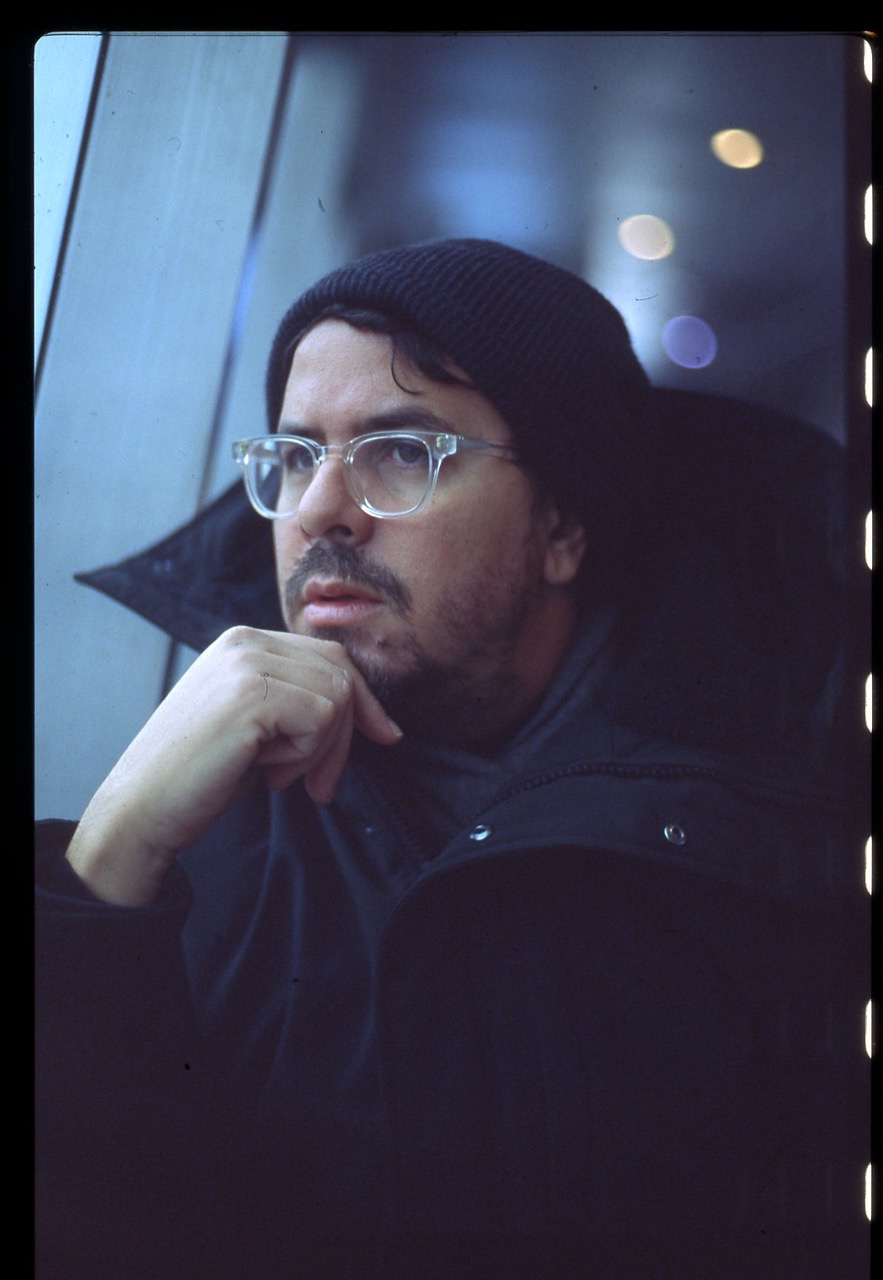Guest talk #1
The cowboy as a spatial identity: notes on the Latin American West
Abstract:
In this lecture I will discuss the various manifestations and representations of the cowboy in Brazilian and Latin American culture, from the vaqueiro of Brazil’s northeast region to the gaúcho of the south and the newer “agroboys” from the grain and cattle producing heartland of Brazil. What does it say about the universality of animal husbandry practices and its engagement with ecology? How is this spatial identity changing along with larger cultural shifts? We will particularly focus on the book Rainforest Cowboys: The Rise of Ranching and Cattle Culture in Western Amazonia (Hoelle, Jeffrey, University of Texas Press, 2015) about the expansion of cattle ranching in the Amazon, and its findings, to discuss the transnationality of this spatial identity and its multispecies practices.
About the speaker:
Patrick Brock is a doctoral research fellow with the CoFutures project at the University of Oslo and studies the intersection of speculative fiction and activist practices in Latin America. His most recent essays appear in Zanzalá – Revista Brasileira de Estudos sobre Gêneros Cinematográficos e Audiovisuais, the Routledge Handbook of CoFuturisms, and the Journal of the Fantastic in the Arts. He holds a bachelor’s degree in Journalism from the Federal University of Bahia (UFBA) and a master's degree in English Literature from the City College of the City University of New York (CUNY).

Guest talk #2
Colonizers without Colonies?: Norwegian and Danish Involvement in the American West, Past, and Present
Abstract:
In 1867, the Danish government attempted to sell off their slave colonies in the West Indies to the rising empire of the Western Hemisphere, the United States, having already sold their East Indian possessions to that other great empire, Britain, during the preceding decades. In the case of the West Indies, the Danes failed and had to wait until 1917 to “rid themselves of Ultramaria”, to paraphrase Jeremy Bentham. To smaller states like Denmark, state-organised extractive colonialism may have run its course and look more and more passé, but settler colonialism, however, was on the rise. During the antebellum years, Danes started to arrive in great numbers in the “Wild West”. There, they met Norwegians who had already come in the tens of thousands since the 1840s. Vast tracts of land were waiting to be turned into profitable cash crops and virtually emptied Scandinavia of much of its population – around 2 million Scandinavians emigrated, leaving only Ireland to lose more of its population to emigration during the “long nineteenth century”. With the Second World War, emigration receded into memory – until Norway found oil. Building up an extractive industry at home on a scale matching that of cotton in the pre-Civil War United States, Norwegians launched upon a new venture of resource extractivism. But this time, it was also a homecoming: the great oil fields of the Dakotas, heavily invested in by Norway’s Equinor, the “Bakken”, had been named after Norwegians who had settled the area in the nineteenth century. Still in the early twenty-first century, more than 30 per cent of Dakotans considered themselves Norwegian by ancestry. Now it was the Norwegian state which colonised the lands of the West, though few if any caught on to the manifold historical connections with the country’s settler colonialist past: as the new extractivism was being actively downplayed at home, the old was also forgotten. Only a spectacle of a state-funded cowboy economy remained.
About the speaker:
Henrik Olav Mathiesen received his PhD at the University of Oslo in 2022. He has worked on the Norwegian settlement of the American Midwest for more than a decade. He is currently working on publishing emigrant letters retrieved from the pages of the homeland’s provincial press. And he is training for the priesthood. (The connection will be revealed.)

